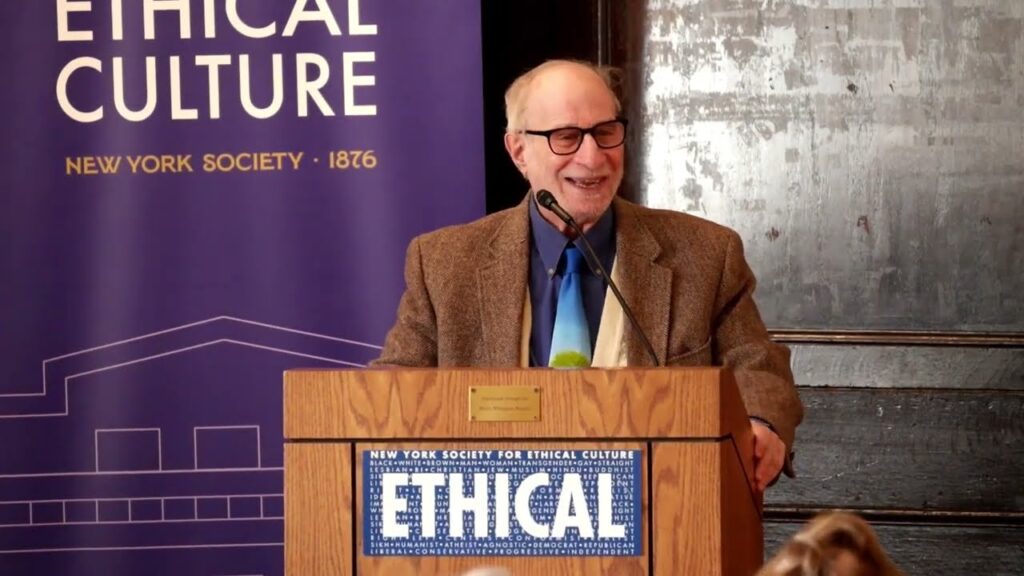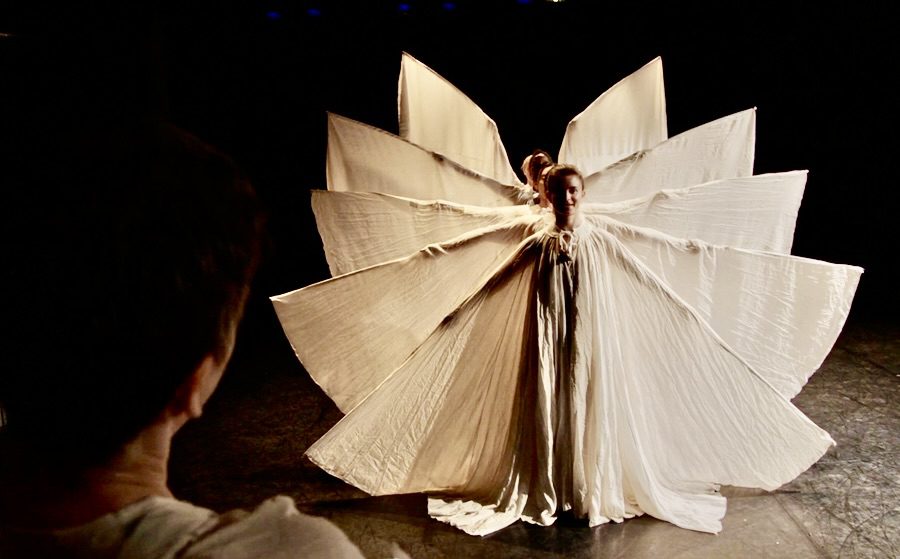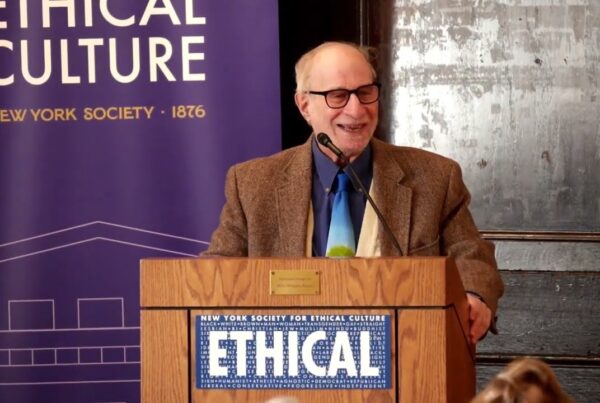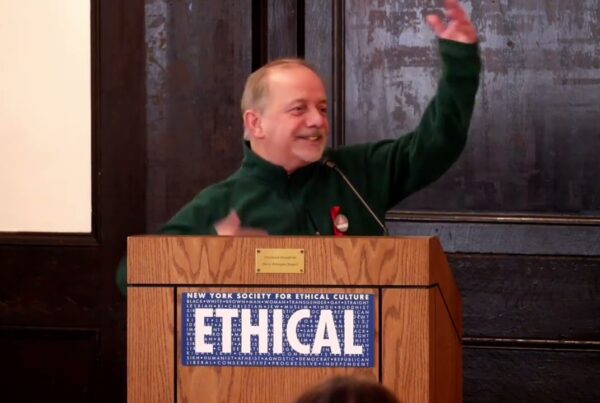“I got myself ready and went to the Ethical Culture Society at the Century Club to hear Prof. Josiah Royce on “Race Questions and Prejudice.’ I went early… I did [before] it was crowded – but such an audience! CULTURE written on every line of their faces – an audience as you would so enjoy.” -Mary Locke (Alain Locke’s mother)
Mary Locke writes Culture with a capital “C”. Culture here is more than an elitist escape for Black Victorians and Intellectual Freethinkers at the turn of the century, it is the cultivation of an ideal society, one with black thriving futures. This kind of Cultural vision within our pre-dated Humanist community can become a blueprint for people on the margins rooted in oppression within a precarious existence. With this in mind, let us contemplate Humanism’s response to Culture. How does Culture inform our Humanist practices and values? What are the lines of hospitality written on the faces we see?
An educator for 10 years in the inner-city schools of New York City, Washington D.C and Baltimore, Maryland, Rev. Dr. Jé Exodus Hooper was challenged by the prevalent divide the black and brown community still faced despite their solidarity in culture. Much of his teaching was dedicated to incorporating unconventional schools of thought—expeditionary learning, performance studies, singing chants, and helping students develop self-esteem by creating a micro-community that could advocate their own needs.
Jé completed a Master of Professional Studies in Arts and Cultural Management at Pratt Institute. Most recently, he earned a Master of Arts in Theology with a concentration in Interfaith and Interreligious Engagement at Union Theological Seminary. Last year Jé was ordained as an Interfaith minister through New Seminary, a practicum-based program through which he holds his license. Jé now serves as a voluntary Associate Director of the Interfaith Temple, an intern of Middle Collegiate Church as the Minister of Education, and on the Interfaith Council with the United Nations.
Sunday Platform is our most important and long-standing community event. These gatherings educate, stimulate personal growth, inspire reflection and action, and strengthen our community. Sunday meetings begin with music, followed by greetings and a talk given by a Society Leader, member, or guest. Platforms cover a variety of topics that reflect current events, pressing social issues, and Humanist philosophy. Each Sunday meeting is followed by a luncheon and social hour.
To watch previous Sunday Platforms, visit our Videos page and YouTube channel.






